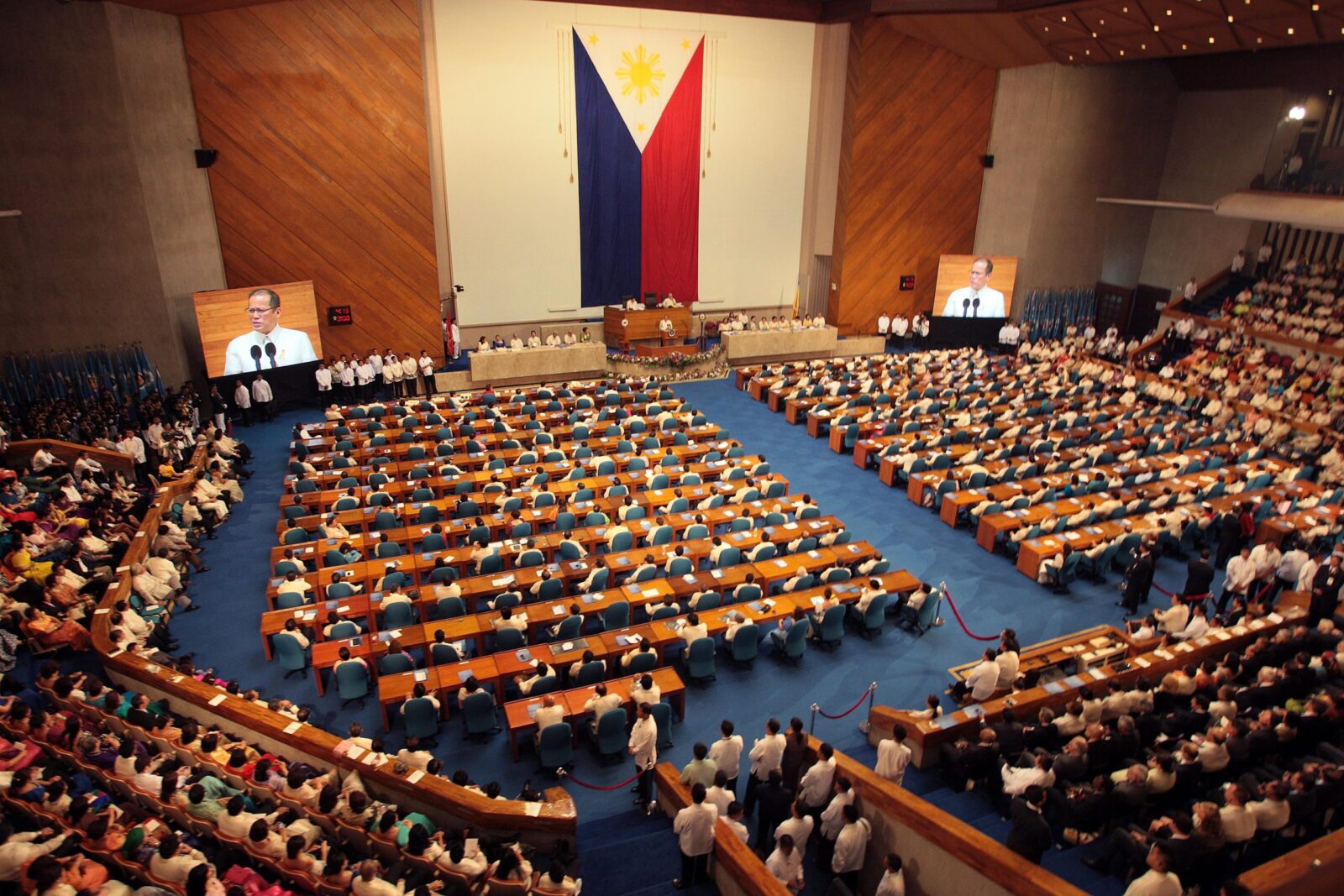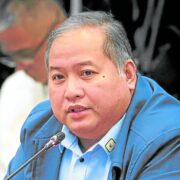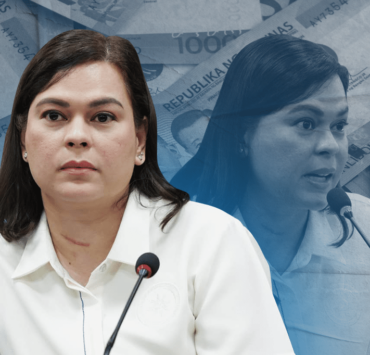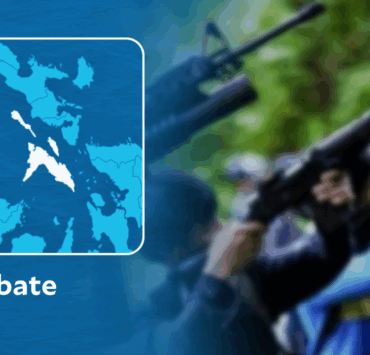Senate risks being hailed to court if trial proceeds

If the Senate proceeds with trying Vice President Sara Duterte, it risks being haled to court yet again and violating the rule of law, a law professor and a senator warned on Sunday.
“If that happens, the VP will go to the Supreme Court to have the judgment voided. The Senate has no jurisdiction over the case,” University of the Philippines law professor and constitutional expert Dante Gatmaytan told the Inquirer on Sunday.
Sen. Panfilo Lacson warned that the “rule of law might be the casualty” if the Senate proceeds to try the impeached Vice President after the Supreme Court threw out the articles of impeachment against her.
“We may disagree with the Supreme Court all we want but the bottom line is we should comply with it because our situation may become chaotic if we don’t,” he said in an interview over dzBB.
Senators Francis Pangilinan, Erwin Tulfo and Joel Villanueva had agreed that the Senate was duty-bound to proceed with the trial, while Sen. Juan Miguel Zubiri warned of a constitutional crisis if the chamber would do so.
Under the Constitution, it is the House of Representatives that impeaches an official and it is the Senate that conducts a trial to acquit or to convict.
‘Correct itself’
The SC ruling on the impeachment complaint against Duterte looms large as the 20th Congress opens its first regular session on Monday.
It came weeks after a tense back and forth between the two chambers of Congress. The Senate convened as an impeachment court on June 10, but remanded the articles back to the House, seeking certifications that the complaint did not violate the Constitution and that the 20th Congress would pursue the case.
Until the justices unanimously ruled that the complaint was barred by the one-year rule on the multiple filing of complaints, the public had been bracing for the start of the trial in August.
Duterte, daughter of former leader Rodrigo Duterte, is accused of a string of charges, including culpable violation of the Constitution and betrayal of public trust, over her alleged misuse of government funds.
Meanwhile, retired SC Senior Associate Justice Antonio Carpio said the high court should be given a chance “to correct itself.”
“Out of courtesy to the Supreme Court, we should wait for the motion for reconsideration [from the House]. Let’s give the Supreme Court an opportunity to correct itself,” he said over dzBB.
Carpio had earlier said that the impeachment case “followed the Constitution to the letter.”
‘Final judge’
While the House can move for reconsideration, legal expert and UP law professor Paolo Tamase said that as with many things in the impeachment, “the check is ultimately political.”
“In the case of the Senate, if it does not do its job in impeachment, the people will serve as the final judge by not voting them again in office,” Tamase told the Inquirer.
“In the case of the Court, its unelected character and term protections insulate them from the people’s direct judgment via the ballot box. But its decisions impact the institution’s legitimacy and are in the final analysis tested by history,” he added.
The Center for People Empowerment in Governance (CenPEG) expressed “deep concern” over the high court’s decision.
While acknowledging the need for constitutional safeguards, the group said it was alarmed over the “pattern of shielding powerful officials from scrutiny through technicalities, delays or partisan maneuvering.”
Such actions, CenPEG argues, “erodes public trust in our democratic institutions and reinforces a dangerous culture of impunity.”
“The voiding of the complaint does not erase the need for truth, accountability, and justice,” it added.
‘International legal scrutiny’
CenPEG warned that the “institutional failure to pursue accountability may justify alternative mechanisms,” such as international legal scrutiny.
“This refers to our local system of accountability and justice. If it fails, it only justifies our seeking remedy in foreign/international courts like the ICC (International Criminal Court),” CenPEG chair Roland Simbulan said in a message.
“A case like this justifies giving up our judicial sovereignty and independence,” he added.
Lacson said there were other ways to ferret out the truth in Duterte’s case: scrutinizing the use of confidential and intelligence funds (CIFs) by her office, and filing a resolution seeking an inquiry into the use of CIF.
“There are many fora where the public will know what happened to the CIF. One is the budget deliberations of agencies like the OVP and DepEd. I will be actively asking questions,” he said. —WITH REPORTS FROM TINA G. SANTOS AND GILLIAN VILLANUEVA

















